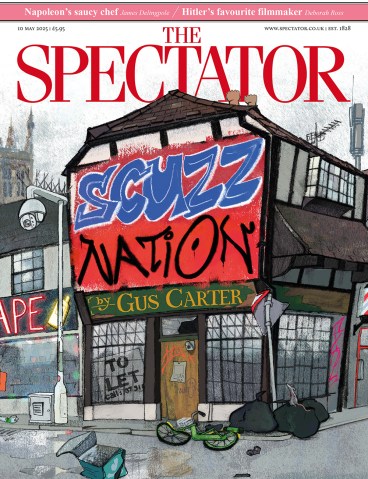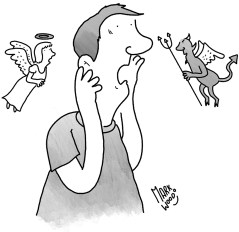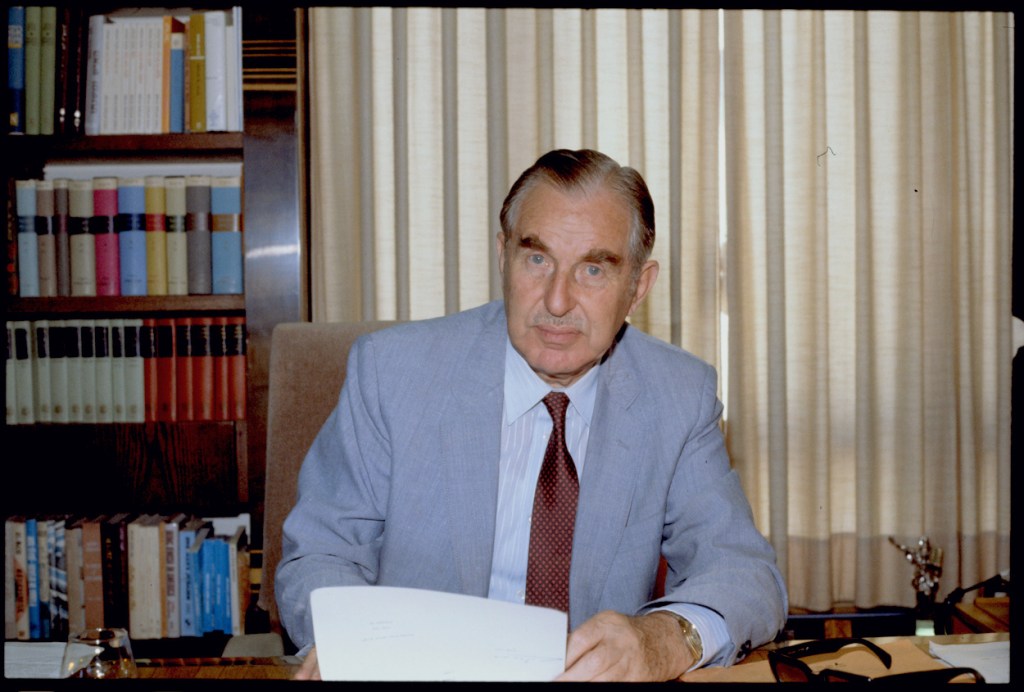
There’s a lot to be said for an artist making an audience feel uncomfortable. Richard Thompson used to say that he considered it sound practice to keep punters ill at ease and on their toes. Mark Eitzel would probably agree, although it’s never been entirely clear whether the nervous exhaustion he induces among his fans is deliberate or unintended. Mercurial is one way of describing his on-stage aura. Volatile and unpredictable others.
The first time I saw Eitzel perform, in 1993, he was still the singer in the great San Francisco group, American Music Club. That night, he drank a pint of whisky and returned for the encore with a slice of processed ham stuck to his forehead. He shouted at the sound engineer, threw his microphone to the ground and perched on the edge of the stage to sing and play without amplification.
Eitzel seemed forever to be teetering an inch from oblivion, and the queasiness was infectious. The next time I saw AMC I was left so discombobulated I walked straight into a heavy glass door five minutes after departing the venue.
Those were the days when Rolling Stone magazine was calling Eitzel the greatest songwriter of the age, and American Music Club were taking a (doomed) tilt at major-label success. In the real world, Eitzel was never going to seduce the mainstream. His songs are peopled with strippers, addicts, alcoholics, self-loathing musicians and lovers in variously advanced stages of disarray, while his big, wounded voice carries an ingrained sob. The setlist in Glasgow told its own story: ‘I’ve Been A Mess’; ‘Why Won’t You Stay’; ‘Will You Find Me?’. Yet his music can be mordantly funny and life-affirming; romantic, dramatic, wonderfully melodic.
He was hardly a household name even in his heyday, and to say that Eitzel cuts a marginalised figure three decades later is rank understatement. Like many a cult artist, however, his fanbase has become ever more devoted even as it has shrunk to several rows of stacking chairs in a converted church in the west end of Glasgow.
Now 66 and having weathered some health issues, I wondered whether the years may have taken a toll on all that extraordinary artistry. I needn’t have. Looking like a bearded Russian peasant-poet in crumpled suit and flat cap, his unusual open-tuned guitar playing was perhaps a little less fluid than it once was, but his voice seemed only to have grown stronger and richer.
Eitzel proved still capable of abruptly shifting the emotional dial in ways which left the audience scrambling for a footing, like so many Wile E. Coyotes over-shooting the cliff edge. His singing was a highwire act, stretching for notes which left him entirely exposed. The distance between the self-deprecating comic monologues and the devastating sadness of the songs remained powerfully disorientating. ‘Rode all That Way’, a new piece concerning his late sister’s attempted escape from their ‘super-abusive’ mother, unspooled incongruously as a jaunty country skip.
He ended with some of the most affecting songs of the 1980s, a greatest-hits set dragged from the alt-rock underbelly: ‘Firefly’, ‘Western Sky’, ‘Outside This Bar’, ‘Blue And Grey Shirt’ and a final encore of ‘Last Harbour’. ‘Flawed song,’ Eitzel blurted out as the latter concluded. Would that more songs were so flawed. By then, there was a certain amount of relief that we had all got through it more or less intact.
A few nights later, Wayne Coyne, the singer and self-consciously shamanistic frontman of the Flaming Lips, found other ways to make an audience uncomfortable. Goodness, Coyne talked a lot – in a way that solo artists in more intimate venues can pull off, but which felt indulgent in a large concert hall with a band behind him, kicking its heels.

Performing only one song recorded in the past 20 years, the dial was firmly set to nostalgia. The first set was a full run-through of Yoshimi Battles the Pink Robots, the (overrated) 2002 album on which, it seems, the group are increasingly content to rest their laurels. The second set was a pick-and-mix selection, mostly from their two other best-known records, The Soft Bulletin and At War with the Mystics, plus covers of songs by the Chemical Brothers and Daniel Johnston.
I have always found the Flaming Lips’ blissed-out, child-eye’s psychedelia just a little too on the nose, but they certainly threw the kitchen sink at it. A supporting cast of lasers, confetti cannons, robots and rainbows made for an entertaining evening for the eyeballs, at least. Yet the show ultimately felt like a very choreographed approximation of the euphoric state, rather than an immersion in the real thing.








Comments